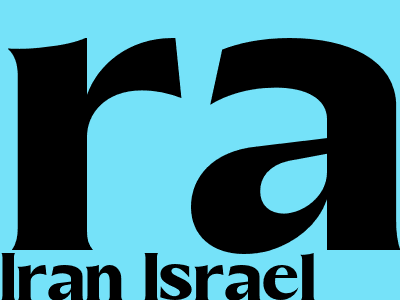
Iran and Israel: A History of Conflict and Rivalry
Origins of the Conflict
The rivalry between Iran and Israel has a long and complex history rooted in geopolitical and religious factors. Following the Iranian Revolution in 1979, Iran severed diplomatic ties with Israel and adopted a strongly anti-Zionist stance.
Israel's establishment in 1948 and its subsequent expansion in the Six-Day War of 1967 raised concerns in Iran about the security of Muslim holy sites in Jerusalem and the displacement of Palestinians.
Ideological Differences
Ideological differences have also played a significant role in the conflict. Iran's theocratic government views Israel as a colonialist entity and a threat to Islamic values, while Israel sees Iran's nuclear ambitions and support for Hezbollah and Hamas as a threat to its security.
Proxy Conflicts
The conflict between Iran and Israel has often taken the form of proxy wars in Lebanon, Syria, and Gaza. Iran has provided financial and military support to these groups, while Israel has targeted them as proxies of Iran.
Nuclear Issue
Iran's nuclear program has been a major point of contention. Israel views it as a threat to its existence, while Iran maintains that it is for peaceful purposes.
Recent Developments
In recent years, tensions between Iran and Israel have escalated due to several factors, including Iran's growing influence in Iraq, Syria, and Lebanon, and Israel's airstrikes on Iranian targets.
Conclusion
The conflict between Iran and Israel remains a complex and unresolved issue with profound implications for the security and stability of the Middle East. With no clear path to reconciliation, it is likely that tensions between these two regional powers will continue to simmer for the foreseeable future.